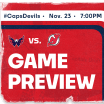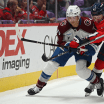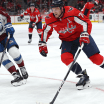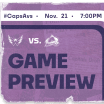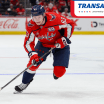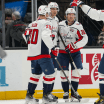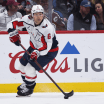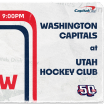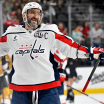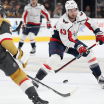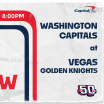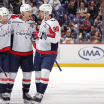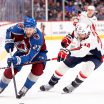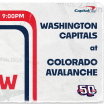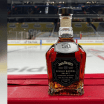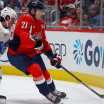Hershey Bears forward and alternate captain Mike Vecchione originated "The Roar" among his teammates and the team's fan base during the course of the 2022-23 season. Way back in the preseason, Vecchione emitted a roar after scoring a goal, and it caught on with fellow Bears and fans alike. Players would return to the bench for the fist-bump line after scoring, and they would unleash a bit of a roar to amuse and inspire their teammates. Fans at Giant Center would unleash roars of their own during the course of contests.
Bears Roar Their Way to 12th Calder Cup Title
Vecchione and Nelson make AHL history in championship run; Shepard claims Butterfield Trophy as playoff MVP
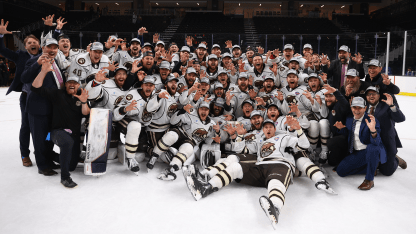
Postgame | Mike Vecchione
Ross Mahoney | June 22
Postgame | Connor McMichael
Postgame | Todd Nelson
Postgame | Dylan McIlrath
Postgame | Sam Anas
Postgame | Vincent Iorio
Postgame | Hunter Shepard
Postgame | Lucas Johansen

